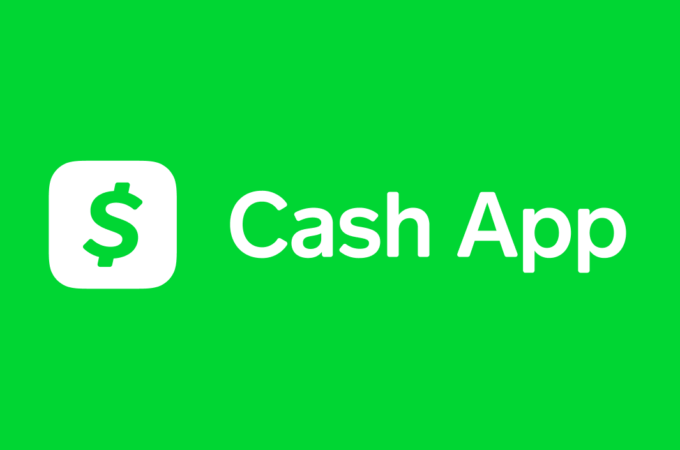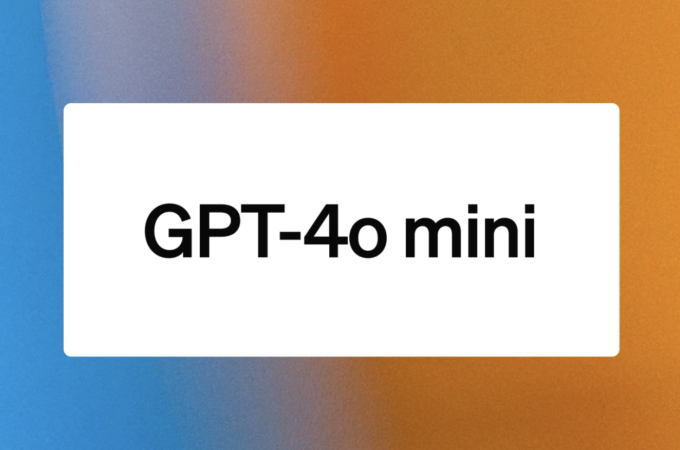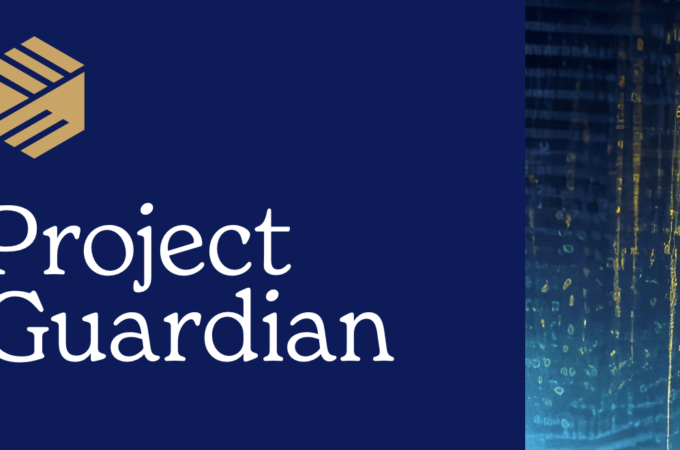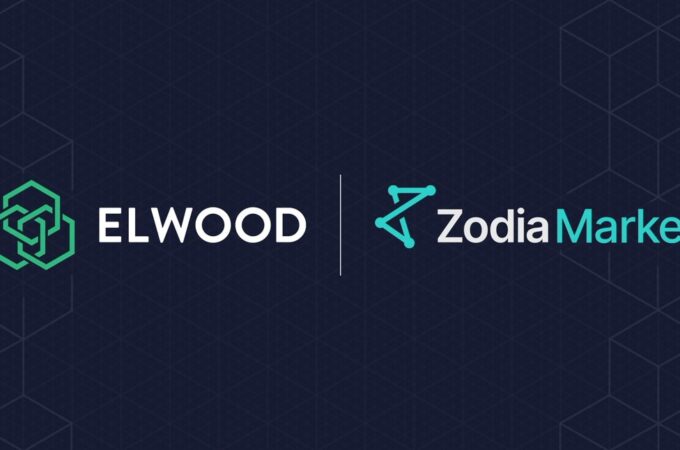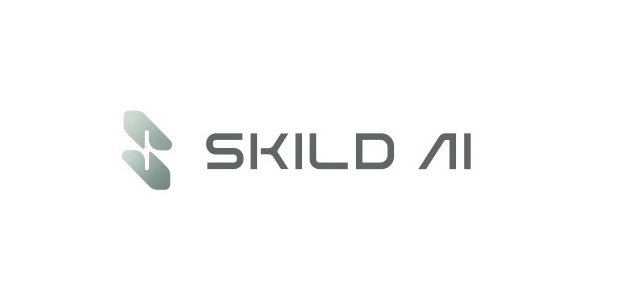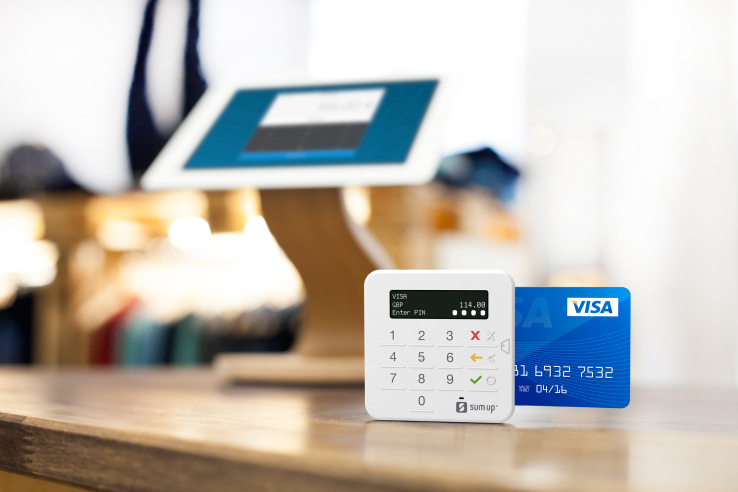
European Mobile Payment Startup SumUp Discloses A Total $45M In Funding
TECHCRUNCH: In the rush of companies crowding into the mobile payment space, a startup out of Europe has announced more funding to grow its footprint and add contactless hardware.SumUp, a startup originally founded in 2012 in Berlin that competes against the likes of iZettle and Rocket Internet’s Payleven, has raised an undisclosed amount led by Swiss backer Venture Incubator. The exact figure is not being disclosed, but SumUp’s CEO Daniel Klein confirms that the total raised by the company to date is now $45 million (€40 million) and that this latest round values the company in the “healthy hundreds of millions.”
Klein tells us that the main purpose of raising more money is to continue expanding into new markets, and to work on the next generation of its payment hardware specifically around contactless payments. Today, SumUp is active in 13 markets — 12 in Europe and Brazil — and there are plans to enter two more by the end of this year, including iZettle’s home market of Sweden. The news comes as we see a lot of ramping up and reshuffling of top dogs in the mobile payments landscape.
Apple this week announced that it would be taking Apple Pay international, starting first with the UK. Many have marvelled at how the iPhone maker has galvanised attention for its mobile wallet service, even as it continues to have limited acceptance, in part because not everyone uses the newest iPhones, and in part because there are not enough compatible terminals out there — yet.
PayPal, which made some aggressive moves into mobile payments by way of its Here dongle, is now separating from eBay. With less talk these days about Here (where is here?), PayPal is making efforts to build out a more complete next generation of digital wallet.
And Square, like SumUp a startup in the mobile payments space, was seen as an early mover in helping to make ubiquitous the concept of using smartphones to make payments. It’s been less flashy of late, although it’s also making sure to stay in the game with its own Apple Pay-compatible reader coming soon.
In a similar vein to Square, SumUp will be focusing on using this investment to upgrade its hardware. Unlike companies like iZettle, Klein explains that SumUp has built out its business to be as vertically integrated as possible. That includes designing its own hardware rather than partnering with outside firms.
The investment it’s made in its own hardware, in fact, is one of the reasons SumUp’s valuation has climbed. Without the need for subsidies on the hardware, the returns are better.
“We decrease the price of the unit by ten times by doing this,” he says of the terminals, which sell for €79 or £59. “We’ve reached a competitive point in this respect for us to be able to produce terminals at a cost that is lower when we sell it. We are already making a profit on our hardware and continue to do so.”
Other areas covered directly by SumUp include chip and PIN card terminals, Android and iOS mobile apps, a payment platform with fully certified EMV processing technology and risk and anti-fraud solutions.
The other is that the company is doing well in the markets where it has gone live. “At the end of May we had over 300,000 merchants using our platform,” Klein says. He is not disclosing average transaction size or wider revenue figures at this point except to say that sales have doubled in the last six months.
And in a game of scale, where typical 2.75 percent cuts on transactions means you need to do a lot to get a decent return and make a profit, the company is actually doing well, and Klein says the company is “on track” to be profitable by next year. Once again, this is partly down to the company’s business model, where SumUp makes a healthy margin on that point of sale hardware.
“Since entering the market in 2012, SumUp’s team has successfully defined completely new rules of the game for the mPOS market and has enabled thousands of merchants to accept card payments in the most cost-effective way,” said Daniel Gutenberg, a partner at Venture Incubator, in a statement. “As new investors we are excited to accompany the further growth of SumUp.”
Venture Incubator — which itself is backed by ABB, Bühler, Credit Suisse, Hilti, Nestlé, Novartis, Schindler, SUVA, Sulzer and ZKB — is being named as the only investor today, but from what we understand there are others also investing who are not being made public yet. Previous investors in SumUp include American Express, Groupon and BBVA, and according to CrunchBase there has been at least $33 million invested in the company to date.
Up to now, Groupon has remained solely a financial, not strategic, investor. The daily deals and local commerce platform has yet to launch any payment services outside of its home market of the U.S. Given the complexities of building these kinds of services across different markets from scratch, one reason for its investment may be to keep that option open down the line.

